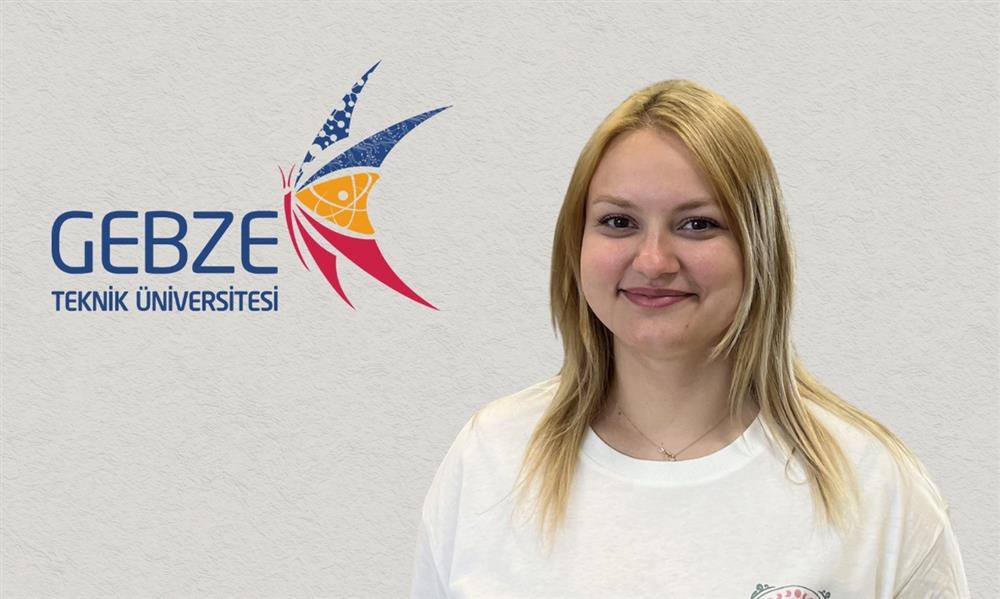TÜSEB Support for GTU
April 4, 2024-GTU Office of Press and Public Relations
The projects of Ayşenur Kocaman, a Master's student at GTU's Department of Molecular Biology and Genetics, and Ecehan Abdik, a Research Assistant at GTU's Department of Biomedical Engineering, become entitled for TÜSEB support.
Under the Emergency Research and Development Project Support Program of the Presidency of Health Institutes of Türkiye (TÜSEB), the projects and summaries that have earned the right to be supported are as follows:
To be led by Ayşenur Kocaman, a master's student at the Department of Molecular Biology and Genetics at Gebze Technical University (GTU), under the supervision of Faculty Member Prof. Dr. Işıl Kurnaz in Molecular Biology and Genetics , the summary of the project titled "Investigation of the Potential Regulation Network of ELK1 with Genes Associated with ALS Disease" is as follows:
Amyotrophic lateral sclerosis (ALS) is a progressive neurodegenerative disease that affects both upper and lower motor neurons controlling voluntary muscle movements. Like many other neurodegenerative diseases characterized by neuronal dysfunction and subsequent cell death, ALS also involves the accumulation of protein aggregates in cells throughout the nervous system. Studies on neurons have shown that ELK1, a member of the ETS transcription factor family, is involved in neuronal growth and survival, and has neuroprotective effects. This project aims to identify and validate genes associated with ALS regulated by ELK1. The results obtained from the planned experiments are expected to shed light on the potential regulation of ELK1 with genes associated with ALS and pave the way for potential therapeutic and/or neuroprotective studies for ALS disease in the future.
To be led by Ecehan Abdik, a Research Assistant at the Department of Biomedical Engineering at GTU, under the supervision of Faculty Member Prof. Dr. Tunahan Çakır in Biomedical Engineering, the summary of the project titled "Prediction of Metabolite Biomarkers for Subtypes of Alzheimer's Disease Using an Innovative Algorithm That Integrates Genome-Scale Metabolic Models with Transcriptome Data" is as follows:
Given the heterogeneous nature of Alzheimer's disease within the population, identifying biomarkers specific to disease subtypes is of paramount importance as the first step towards early diagnosis and personalized treatments. The integration of transcriptome data and genome-scale metabolic models offers a promising approach to calculate the secretion tendencies/levels of metabolites secreted outside the cell based on changes in transcriptome data and to identify metabolites with a high likelihood of being biomarkers. In this project, the researcher's developed biomarker prediction algorithm "Transcriptome-Based Metabolite Biomarkers with Open-Closed Reactions (TAMBOOR)", which integrates genome-scale metabolic models with transcriptome data, will be applied to transcriptome data from two different cohorts of Alzheimer's disease consisting of hundreds of patients, and reliable biomarkers for disease subtypes will be proposed.



